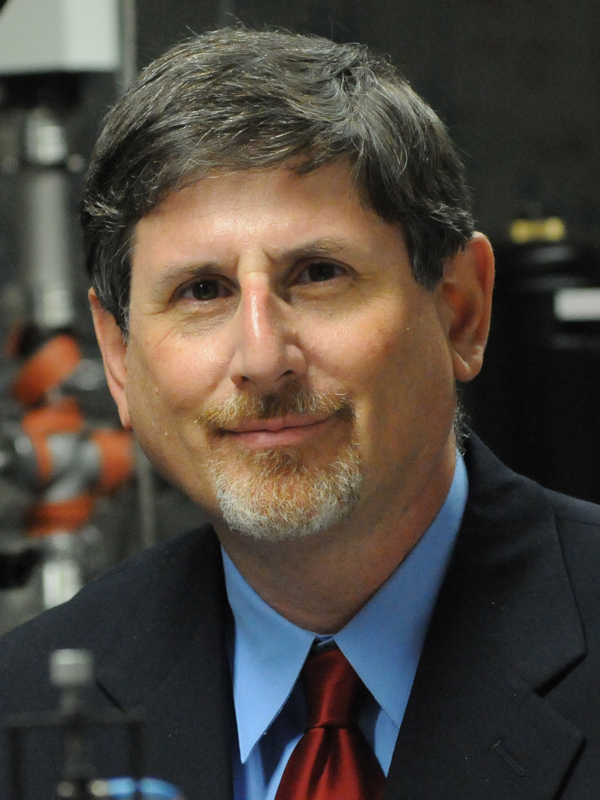Herman Named Edwin Howard Armstrong Professor of Applied Physics
 Irving Herman has been named the Edwin Howard Armstrong Professor of Applied Physics in the Fu Foundation School of Engineering and Applied Science. His appointment has been approved by the Trustees of Columbia University and he will be honored at the SEAS Faculty Excellence Celebration on September 20th, 2016.
Irving Herman has been named the Edwin Howard Armstrong Professor of Applied Physics in the Fu Foundation School of Engineering and Applied Science. His appointment has been approved by the Trustees of Columbia University and he will be honored at the SEAS Faculty Excellence Celebration on September 20th, 2016.
Prof. Herman graduated with S.B. and Ph.D. degrees in physics from M.I.T. in 1972 and 1977. From 1977-1986 he was a member and section leader in O-group within the Physics Department at the Lawrence Livermore National Laboratory, where he was engaged in research in laser isotope separation of deuterium and tritium, and the use of direct laser writing in thin film processing. In 1986, he joined the faculty of Columbia University, where he is now the Edwin Howard Armstrong Professor of Applied Physics and a member of the Columbia Nanoinitiative (CNI) and the Columbia Materials Research Science and Engineering Center (MRSEC). He is Director of the Columbia Optics and Quantum Electronics IGERT (Integrative Graduate Education and Research Traineeship program). From 2006-2012 he was chair of the Department of Applied Physics and Applied Mathematics. From 1998-2010 he was Director of the Columbia Materials Research Science and Engineering Center (MRSEC) [The Center for Nanostructured Materials], and as part of this he led an extensive education outreach program. He has overseen the Shared Materials Characterization Laboratory and is a member of the CNI Facilities Committee. He is a fellow of the American Physical Society and the Optical Society of America.
His career at Columbia University has been one of diverse scholarly activities. His research activities have included the use of lasers to induce reactions at surfaces and for surface analysis, Raman microprobe spectroscopy, and topics in nanoscience and optics, including the assembly and analysis of nanocrystals and, more recently, van der Waals layers. In addition, he has written two comprehensive books: a monograph on optical diagnostics for thin film processing and a textbook on physics of the human body, which is now in its second edition. He has developed three interactive seminars on ethics and presents them to students in his department, and has published on this subject. He has also examined the interwoven history of the Columbia University School of Engineering and Applied Science and events in New York City.
